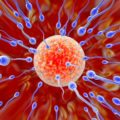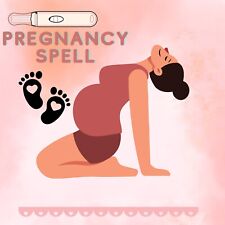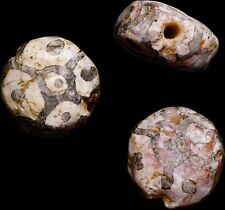
UCLA researchers have found the first evidence that chemicals used in everyday items such as food packaging, pesticides, clothing, upholstery, carpets and personal care products may be associated with infertility in women. The study, published in the journal Human Reproduction, found that women who had higher levels of perfluorooctanoate (PFOA) and perfluorooctane sulfonate (PFOS) in their blood took longer to become pregnant than women with lower levels.
The researchers used data from the Danish National Birth Cohort to assess whether levels of PFOS and PFOA in pregnant women’s plasma were associated with a longer time to pregnancy. A total of 1,240 women were included in their analyses. The researchers divided the women’s levels of PFOS/PFOA into four quartiles, and found that, compared with women with the lowest levels of exposure, the likelihood of infertility increased by 70-134 percent for women in the higher three quartiles of PFOS exposure and by 60-154 percent for women in the higher three quartiles of PFOA exposure.
PFCs, the class of chemicals to which PFOS and PFOA belong, are found not only in household goods but are also used in manufacturing processes, for instance for industrial surfactants and emulsifiers. They persist in the environment and in the body for decades.
The researchers believe that although they measured the PFOS/PFOA levels after pregnancy was established, these levels probably did not change significantly from the time before pregnancy. Men’s sperm quality could also be affected by PFCs and might, therefore, contribute to the associations between PFC levels and time to pregnancy, since couples would tend to be sharing the same lifestyles and have similar exposures. However, the researchers did not have data on PFC levels in fathers. “Studies on sperm quality and PFOA/PFOS are certainly warranted,” said co-researcher Professor Jørn Olsen, also from UCLA.
Related:
Fresh concerns about BPA
Genital birth defect blamed on hairspray
Environmental Factors Damaging Men’s Reproductive Health
Women Exposed To PCBs Less Likely To Conceive Boys


















Comments are closed.